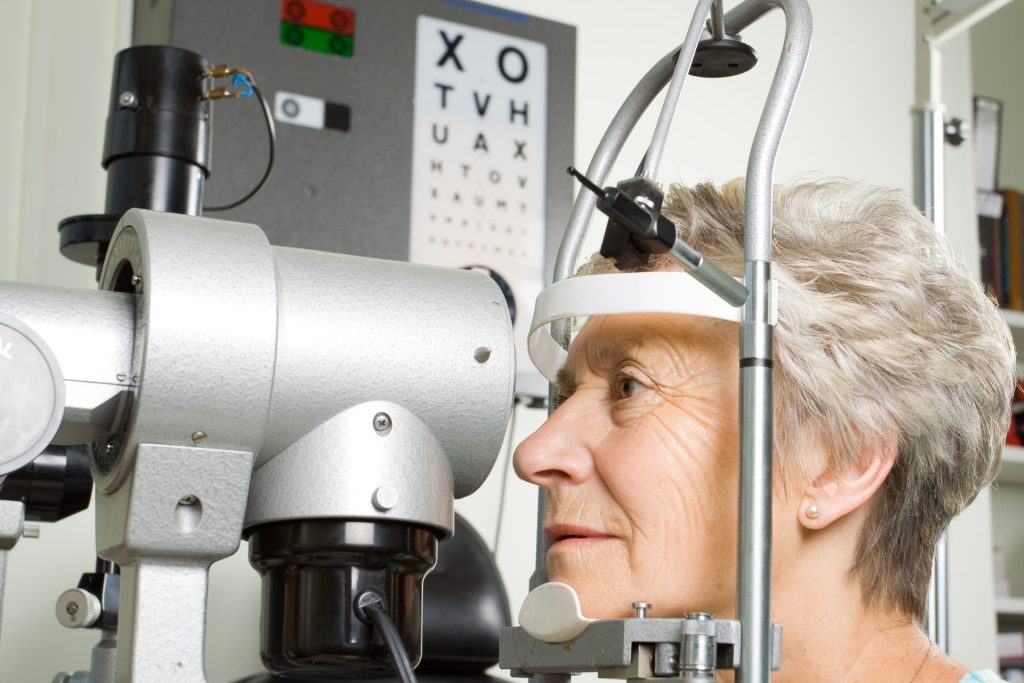As we age, our eyes go through natural changes that can affect how well we see. For seniors, maintaining clear vision is more than just a matter of comfort—it’s essential for safety, independence, and overall quality of life. Regular vision checkups play a crucial role in catching problems early, preventing serious conditions, and ensuring you can continue to enjoy the world around you.
Why Vision Checkups Are So Important for Seniors
Eyesight often changes gradually over time, making it easy to overlook subtle differences. However, some vision problems, such as cataracts, glaucoma, and macular degeneration, can progress silently until they reach a critical stage. Regular checkups with an eye doctor can catch these issues before they cause permanent damage.
For seniors, good vision supports everyday activities like reading, driving, cooking, and even walking safely. Poor eyesight can increase the risk of falls, accidents, and a decline in independence. By prioritizing eye health, you protect your ability to enjoy life to the fullest.
Common Vision Changes as You Age
As you grow older, it’s normal to experience some changes in your eyesight. Many seniors notice they need more light to see clearly, have difficulty focusing on close objects, or struggle with glare when driving at night.
Some of the most common age-related vision issues include:
- Presbyopia: Difficulty seeing things up close, often requiring reading glasses.
- Cataracts: A clouding of the lens that causes blurry vision, glare, and dull colors.
- Glaucoma: Increased pressure in the eye that can damage the optic nerve and lead to vision loss.
- Age-Related Macular Degeneration (AMD): A condition that affects central vision, making it harder to see fine details.
- Diabetic Retinopathy: Damage to the blood vessels in the retina, often caused by diabetes, leading to vision problems or blindness.
While some of these conditions are more serious than others, early detection is key to successful treatment and management.
What to Expect During a Vision Checkup
A vision checkup typically includes a series of simple tests to evaluate your eyesight and overall eye health. The eye doctor will start by asking about your medical history, any changes in your vision, and any symptoms you may have noticed.
Next, they’ll test how well you see both up close and at a distance, often using a chart with letters of varying sizes. If you wear glasses or contact lenses, the doctor will check if your prescription needs updating.
Your doctor may also examine your eyes using specialized tools to look at the retina, optic nerve, and other parts of the eye. This helps them detect signs of cataracts, glaucoma, or other conditions that aren’t always noticeable to you.
Sometimes, the doctor may dilate your pupils with eye drops to get a better view of the back of your eye. While this can make your vision temporarily blurry, it provides valuable information about your eye health.
How Often Should Seniors Have Vision Checkups?
For most seniors, it’s a good idea to schedule a comprehensive eye exam every one to two years. If you have a family history of eye diseases or conditions like diabetes, your doctor may recommend more frequent visits.
Even if you don’t notice any changes in your vision, regular checkups are important. Many serious eye conditions develop gradually and without symptoms, making routine exams the only way to catch them early.
Tips for Maintaining Healthy Vision
In addition to regular checkups, there are steps you can take to support your eye health and reduce the risk of vision problems:
- Protect Your Eyes: Wear sunglasses with UV protection when outdoors and use safety glasses during activities that could cause injury.
- Eat a Balanced Diet: Foods rich in vitamins C and E, zinc, lutein, and omega-3 fatty acids can promote eye health. Leafy greens, carrots, and fish like salmon are great choices.
- Stay Active: Regular exercise improves blood circulation, which can help maintain healthy eyes.
- Manage Chronic Conditions: Keep conditions like diabetes, high blood pressure, and high cholesterol under control to reduce the risk of vision-related complications.
- Avoid Smoking: Smoking increases the risk of cataracts and macular degeneration, so quitting can greatly benefit your eye health.
The Emotional Impact of Clear Vision
Good vision is about more than just physical health—it also contributes to emotional well-being. Being able to see loved ones clearly, enjoy hobbies like reading or knitting, and take in the beauty of nature can boost your mood and reduce feelings of isolation.
For seniors, vision problems can sometimes lead to frustration or sadness, especially if they make it harder to do the things you love. Regular eye care helps you stay engaged with the world around you and maintain a positive outlook on life.
Conclusion
Your eyes are one of the most important tools for experiencing life, and they deserve regular care and attention. For seniors, routine vision checkups are essential for catching problems early, preserving eyesight, and maintaining independence.
By staying proactive about your eye health, you can enjoy clear vision and the confidence that comes with it. Schedule your next eye exam today, and take the first step toward a brighter, clearer future. Remember, your vision is a gift—one that’s worth protecting for years to come.


